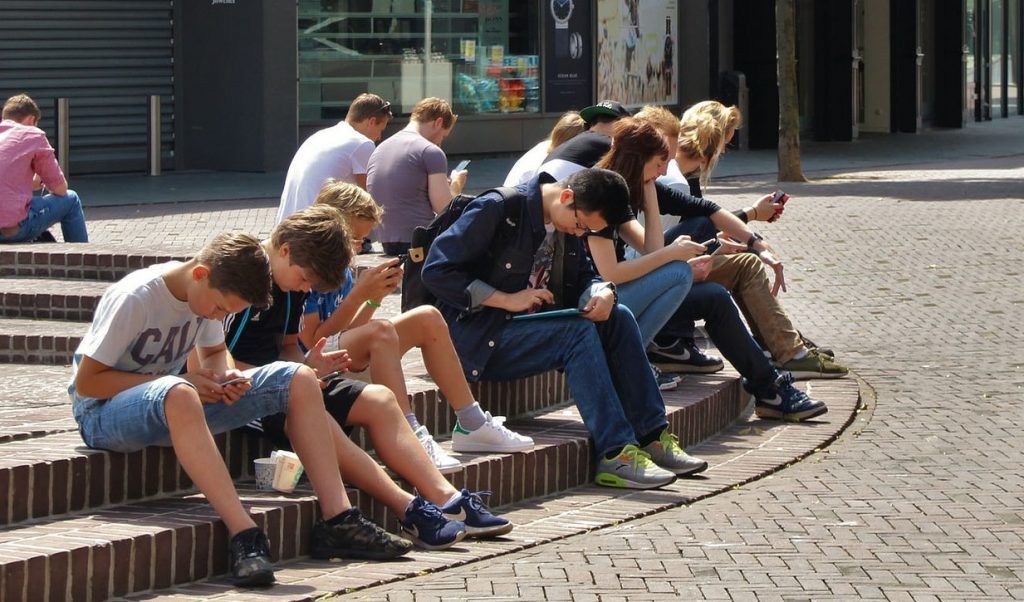Many homes use technology to make our lives simpler. We use the internet in the office, at school and at work as most businesses are online. Undoubtedly we are spoilt for choice when it comes to entertainment options online. There are so many attention-grabbing apps for; playing games, watching movies and there are various social media networks to choose from.
Being online isn’t a problem. When used wisely the internet is a purposeful tool that doesn’t get in the way of productive lives. However, using the internet for personal entertainment over long periods of time can become problematic and counter-productive.
When Entertainment Becomes Procrastination
When we don’t manage or limit the time and frequency we spend being entertained online, a psychological dependence can develop. A lack of self-discipline and the overuse of our online gadgets can cause us to lose track of time. Thus, the term, ‘wasting time.’ Before we know it a whole day has flown by, and those things on our to-do-list are left hanging somewhere in the backburner for when we ‘feel like it’. The problem with that scenario is that we may never feel like it.
Australians Online
Statistics show that 13.4 million Australians, from a population of 23.1 million people are spending around 18.8 hours per day online. NSW has the largest internet use per population of about 32 percent. Facebook visits by Australians amount to 16 per day. 9.8 million Unique visits to the site each week are made by Australians is statistically higher than the US and Britain.
The average person looks at their Smartphone 221 times per day – once every 4.3 minutes. We live in an era where the term, ‘Nomophobia’ has emerged as a new word to describe the fear of being out of mobile phone contact.’
Internet dependence and addiction has affected not only Australians. Internet addiction has become a global concern as the internet has opened up new ways to do life and to do business, and it has redefined the way we socialise and interact with one another. We have to be careful not to allow technology to turn us into people who have forgotten how to be social. Families need to interact with one another for building up relationships. Particularly with growing children as the lack of face-to-face social interaction has been known to affect their social development.
How Do I know if I’m addicted or if my loved one is addicted to the internet?
There are physical and emotional symptoms that manifest when addiction to the internet is present. The specifics of these can vary from one person to the next. When we have lost the ability to exercise self-control we can pretty much suspect an addiction is present.
The following symptoms are present for online addicts:
- Unable to keep schedules
- Anxiety
- Depression
- Guilt feelings
- Dishonesty
- Agitation or irritability
- No sense of time
- Defensiveness
- Isolation (fewer interactions with family members or friends)
- Avoiding work/procrastination
For support we can talk to your church pastoral care, a family doctor and/or seek the help of a qualified counsellor.
As Christians following feelings can be kind of dangerous. Stick with wisdom. It can save a life. Proverbs 4:6-7
Churches do well to support their congregation with skills to help those beat addictions of any kind.
Get the training. Study accredited Christian counselling at aifc.
Sandra Ciminelli
Cred.Dip.Couns. (Christian)
Related post: 7 Ways To Free Yourself From Addiction
Sources:
Public Relations Industry of Australia – 13 Million Australians Spend 18 Hours A Day Online
PsychGuides.com – Computer/Internet Addiction,Causes and Effects





Have you thought about becoming a qualified counsellor? It’s a great opportunity to learn how you can extend God's love and grace to the hurting out in the community.
For those who would like to enrol in aifc’s accredited Christian counselling courses we have two intakes per year for courses commencing around the following months:
Enrolment Season - opens approximately 2 months prior to our courses commencing. Enrol online here during our enrolment season.
We also offer two modes of study:
A Master of Counselling course was introduced in 2018.